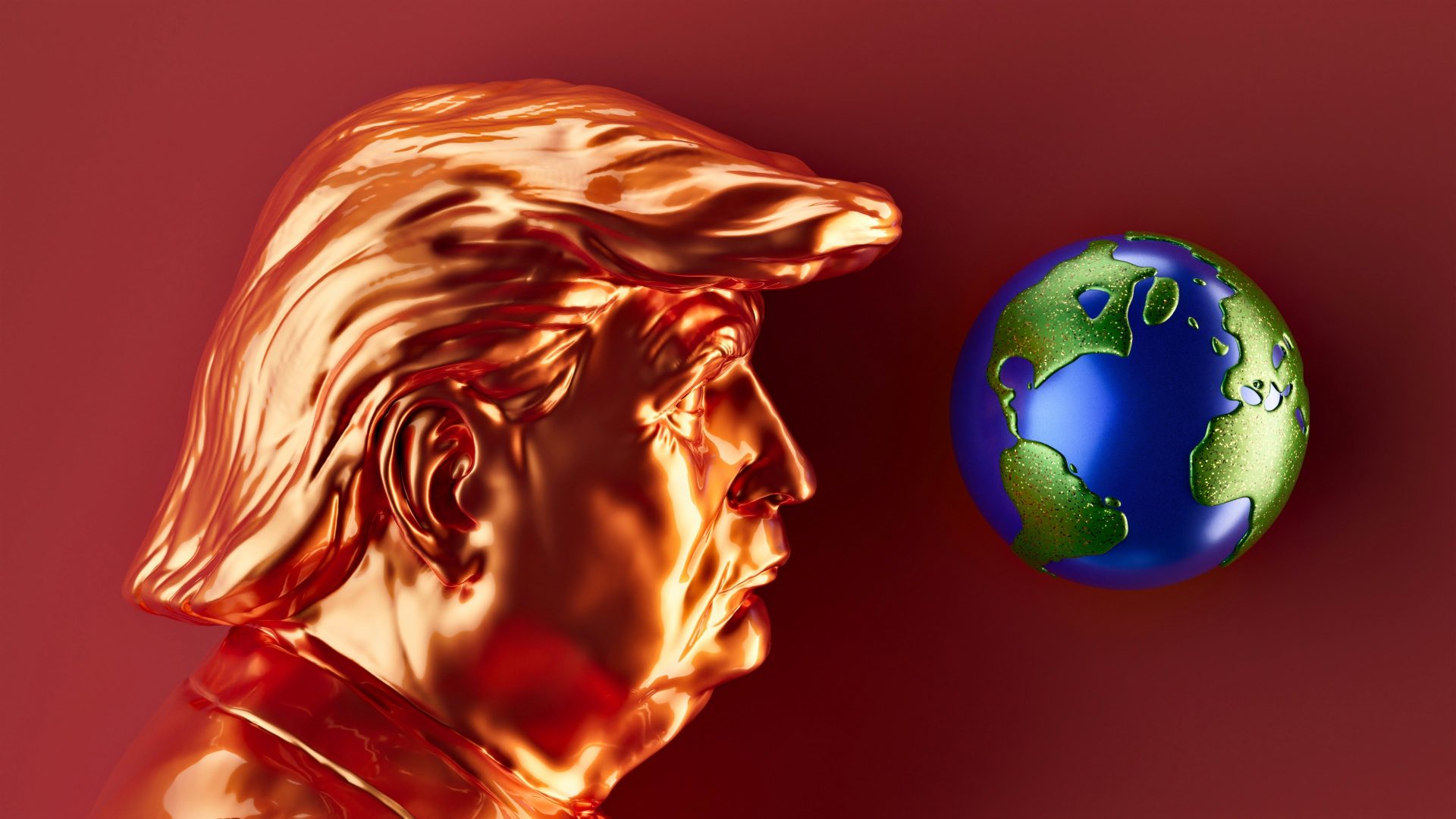
US Futures Rebound After Trump Hints at Easing China Tariffs
The recent tariffs-driven market sell-off and subsequent rebound in US stock futures highlight that investors are reacting more to political developments than company fundamentals. Nigel Green, CEO of global advisory firm deVere Group, warns that this approach will continue to fuel market volatility.
US stock futures climbed on Sunday evening after President Donald Trump suggested a possible softening of his stance toward China, alleviating fears following his Friday announcement of 100% tariffs on Chinese imports.
The move, a response to Beijing’s tightening of rare earth export controls, sparked a steep sell-off that erased nearly $800 billion from major technology firms and sent the S&P 500 and Nasdaq to their worst day since April.
Beijing swiftly warned that it “does not want a tariff war but is not afraid of one.” But by Sunday evening, Trump had shifted tone, telling reporters aboard Air Force One, “Don’t worry about China,” and praising President Xi Jinping as “a great leader.”
His remarks were enough to turn sentiment: Dow futures rose 0.8%, the S&P 500 gained 1.04%, and Nasdaq futures climbed 1.34% in early trading.
Nigel Green says this whiplash in market behaviour reveals a deeper problem. “Investors are reacting to tone rather than truth,” he says. “Markets are swinging on every change in Trump’s language instead of the underlying economic reality. That’s not investing — that’s headline-chasing.”
He warns that such reactions can distort valuations and increase risk.
“When markets move solely on words rather than data, volatility becomes self-perpetuating. It fuels fear, then greed, and back again.
“The pattern we’re seeing — panic on Friday, relief on Sunday — is entirely sentiment-driven.”
Nigel Green believes both sides are likely to pull back from the brink.
“China’s control of rare earth minerals gives it leverage, but the US relies on its technology dominance. A complete rupture is too costly for either side,” he says.
“The most likely scenario is a pause in escalation and renewed talks, possibly extending the tariff truce reached in May.”
Still, he cautions that investors should not mistake calm for stability. “The threat of tariffs will linger as a policy weapon,” he notes.
“Under Trump, trade pressure has become a permanent feature of global markets. Even when tensions cool, the risk of a sudden reversal remains. That uncertainty keeps investors on edge and liquidity tighter than it should be.”
Economists estimate that if the latest tariffs are fully enforced, they could shave around half a percentage point off US GDP next year and slow China’s already fragile export sector.
But Nigel Green argues that the real damage comes from hesitation. “Uncertainty paralyses decision-making. Companies delay investment, trade slows, and productivity falls. It’s not the tariffs themselves doing the harm, it’s the unpredictability.”
He adds that investors who chase every policy shift risk missing long-term opportunities.
“Volatility isn’t the enemy of performance, emotion is. The smartest investors stay globally diversified, hold quality assets, and avoid reacting to every market tremor caused by a political statement. Fundamentals always reassert themselves.”
He concludes: “Markets seem addicted to the political drama, but the smart money is looking past it. Tariffs come and go; tone shifts daily. Fundamentals endure and those who remember that, and seek advice, will outperform in the months ahead.”



 Bitcoin
Bitcoin  Ethereum
Ethereum  Tether
Tether  XRP
XRP  USDC
USDC  Solana
Solana  TRON
TRON  Lido Staked Ether
Lido Staked Ether  Cardano
Cardano  Avalanche
Avalanche  Toncoin
Toncoin